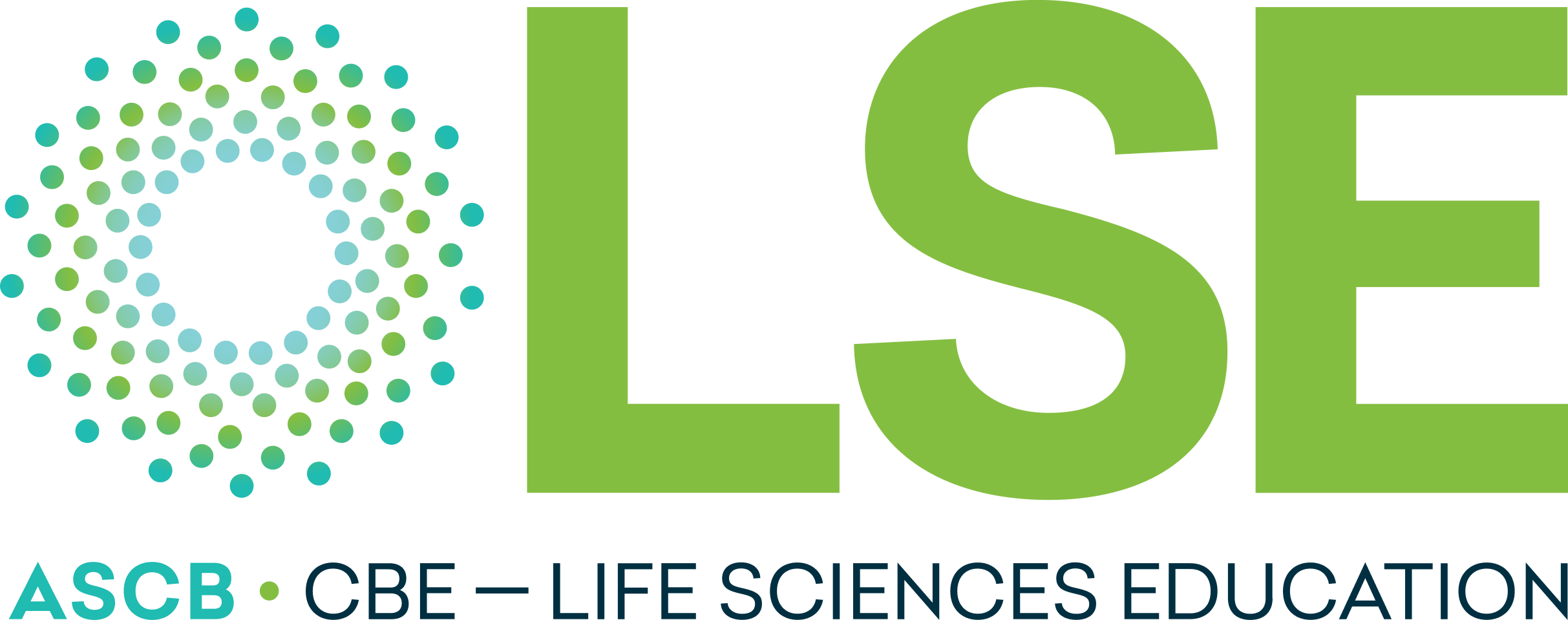Save this search
Please login to be able to save your searches and receive alerts for new content matching your search criteria.
Applying Instructional Design Theories to Bioinformatics Education in Microarray Analysis and Primer Design Workshops
AbstractAbstract
The need to support bioinformatics training has been widely recognized by scientists, industry, and government institutions. However, the discussion of instructional methods for teaching bioinformatics is only beginning. Here we report on a systematic attempt to design two bioinformatics workshops for graduate biology students on the basis of Gagne's Conditions of Learning instructional design theory. This theory, although first published in the early 1970s, is still fundamental in instructional design and instructional technology. First, top-level as well as prerequisite learning objectives for a microarray analysis workshop and a primer design workshop were defined. Then a hierarchy of objectives for each workshop was created. Hands-on tutorials were designed to meet these objectives. Finally, events of learning proposed by Gagne's theory were incorporated into the hands-on tutorials. The resultant manuals were tested on a small number of trainees, revised, and applied in 1-day bioinformatics workshops. Based on this experience and on observations made during the workshops, we conclude that Gagne's Conditions of Learning instructional design theory provides a useful framework for developing bioinformatics training, but may not be optimal as a method for teaching it.

